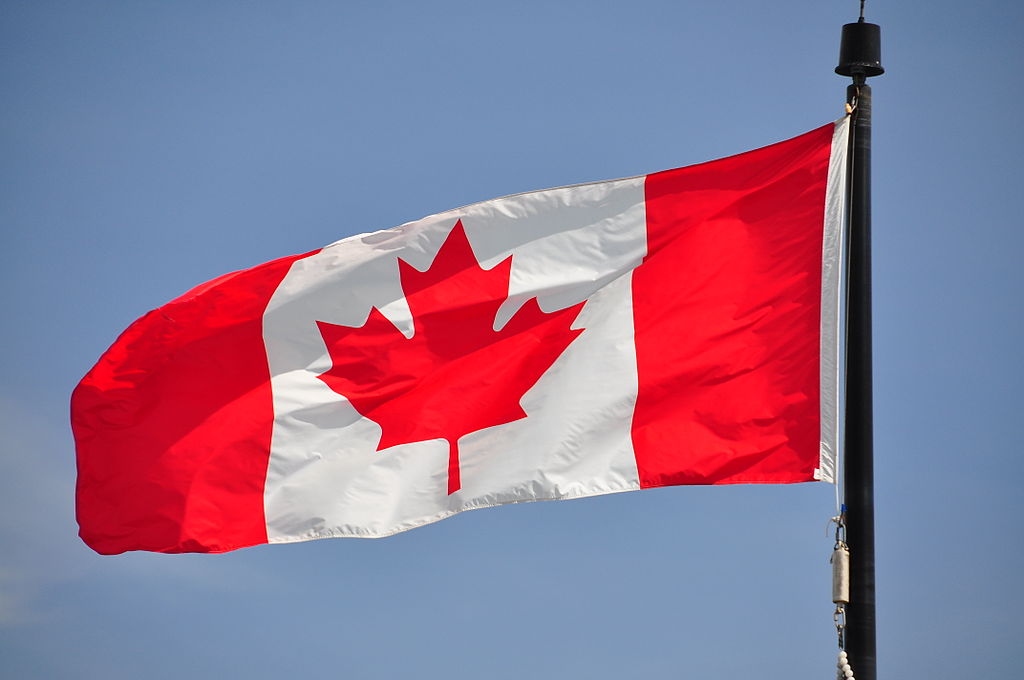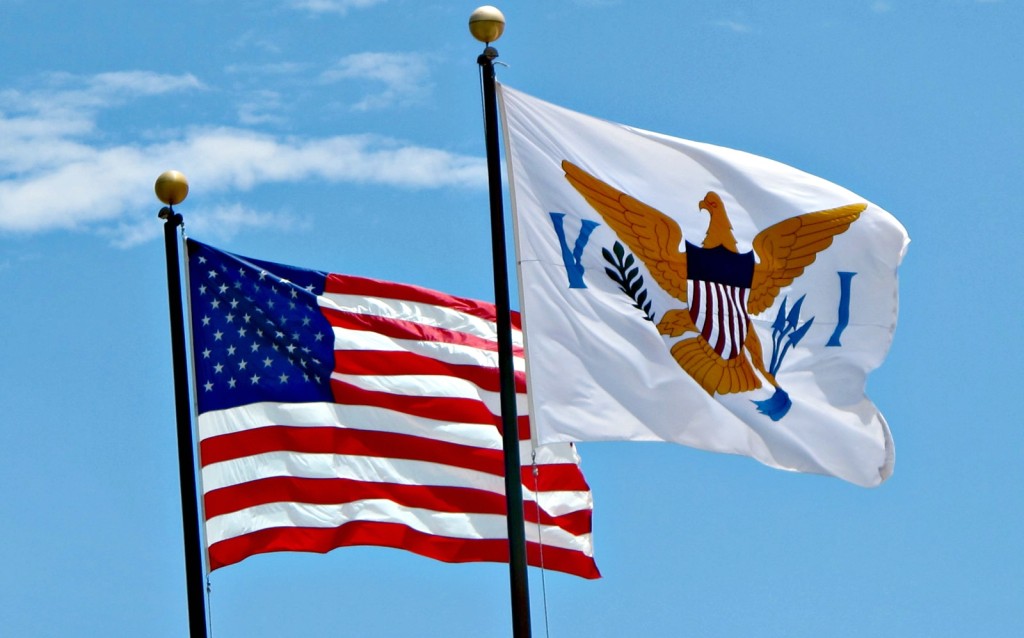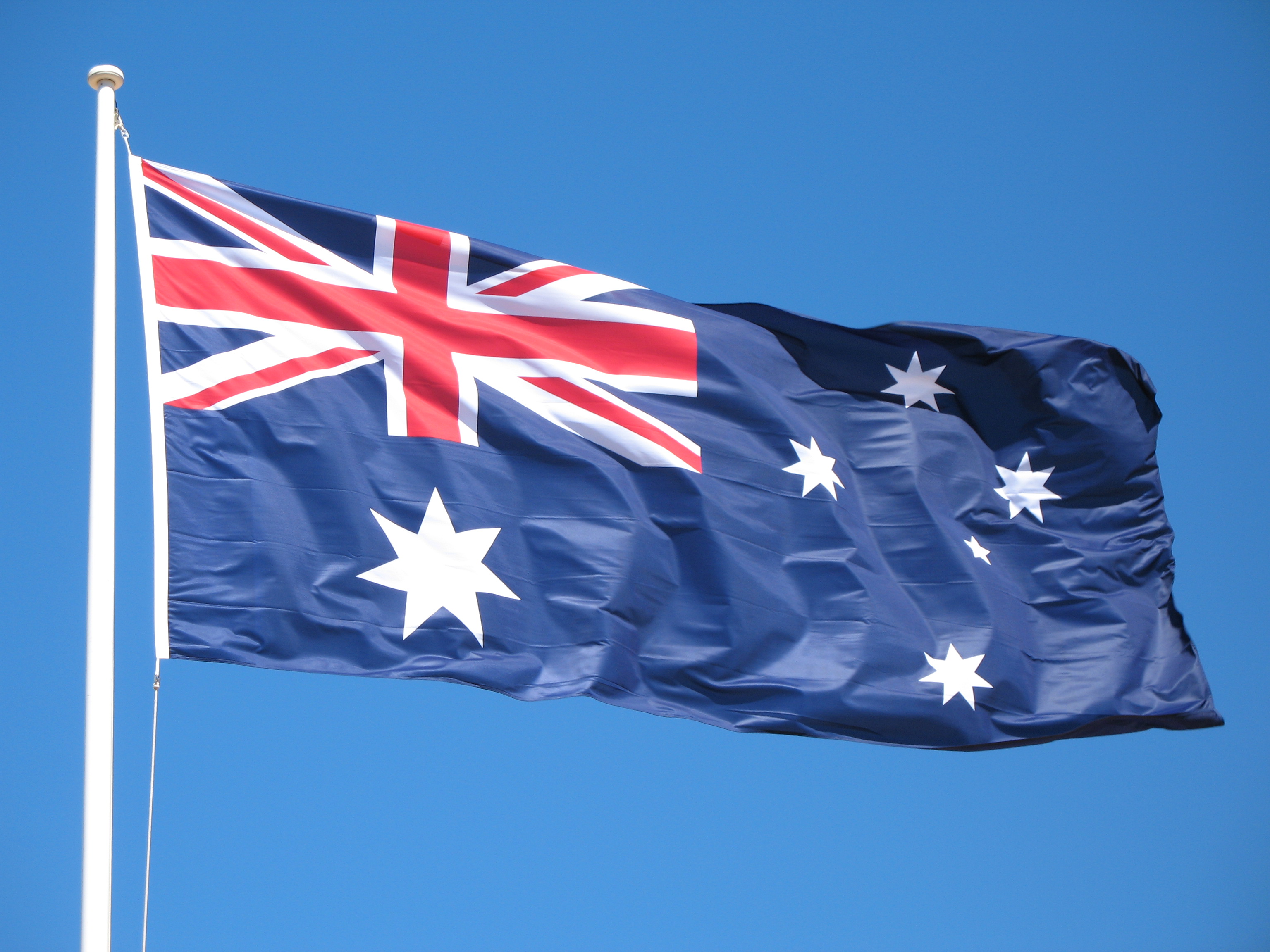We head to our second commonwealth country, Canada, to wrap up the first week of Cystic Fibrosis Around the World. A study comparing cystic fibrosis outcomes in Canada and the US was one of my motivations in starting this project, so I wanted to talk to a few of my northern neighbors.
Today you’ll meet Amanda Turkiewicz, 29 with cystic fibrosis from a suburb of Toronto, Ontario and Christopher Beausoliel, 30 with cystic fibrosis from Tillbury, Ontario.
Like all of the other interviews, Amanda and Chris were asked the same questions, so I will denote their responses by coloring the text.
Amanda’s responses will appear in blue.
She actually emailed her answers to me in blue font, so it works out perfectly. Thanks, Amanda!
Canada, Christopher Beausoliel (30) and Amanda Turkiewicz (29)
- About how many people in your country have cystic fibrosis?
Canada has roughly 4000
It is estimated that one in every 3,600 children born in Canada has CF. More than 4,100 Canadian children, adolescents, and adults with cystic fibrosis attend specialized CF clinics.
- Do people in your country know what CF is?
I believe some people don’t while others have heard of the disease. I would say only a few million know it more than by name.
Yes, but it is considered a rare disease, however with that being said, now that there is more awareness and resources available, more and more people know about it.
- When were you diagnosed? Why were you tested?
I was diagnosed at the age of 5. It was a complicated process. I had no clear lung problems, everything I had was gastric. This led doctors of the early 90’s diagnosing me with a couple other ailments. It wasn’t until I saw a gastroenterologist that I was sent to the CF floor at the hospital and diagnosed.
I was diagnosed at age 4, my parents took me to a specialist after always being sick with a cough, and having a large, malnourished belly. I was admitted into hospital right away for two 2 weeks and had a pretty healthy childhood after that.
- Were you encouraged to be open about your CF? Do your friends and family know that you have CF?
I don’t think I would say I was encouraged to be open about it but I can say I was never discouraged to hide it. It was a part of who I was, by hiding it I’d be hiding my true self.
I was pretty private about my disease and still am. I wanted to fit in, like every other kid, but my parents supported whatever I felt comfortable doing. My close family and friends know, but not all of them understand what it entails. I only recently started to become more open about having CF, after a long battle with an infection and reading inspiring blogs like yours!
- Does your insurance/healthcare cover costs? Does it fully cover all medications and treatments available to patients with CF? Does the government provide your healthcare or is insurance offered privately?
Here in Ontario, Canada we have OHIP (Ontario Health Insurance Plan) which has a CF plan attached. Most supplements and drugs needed are covered. I also have been on ODSP (Ontario Disability Support Program) for the past few years which grants even more coverage. When I was growing up I had coverage under my parents (I still do for anything not publicly covered) but they are retired Teacher’s and their plan has changed. It doesn’t cover all costs.
Yes, I feel very lucky to live in Canada where we have universal healthcare. My mom chose to stay home with me and my sister (who does not have CF) when we were small, and my dad was self employed, so we had no benefits provided by an employer. My parents, and CF clinic found government funding or ways to cover whatever I needed that wasn’t covered by basic health care. We always had access to one of the best CF clinics and doctors who specialize in CF and respiratory problems, and there was no hesitation based on the cost of healthcare. All of my CF medications are covered under the government program for CF in Canada. I was once told: providing medications to keep CF patients out of hospitals is less expensive in the long run for the health care system. I also have disability benefits that cover any extras that may not be covered under the general CF plan.
- Do you have access to drug studies/trials? Do you have access to new medications?
Yes, I’ve been a part of a couple studies so far although they didn’t give me access to any new medications.
Yes, I was involved in a big one about eight years ago, and it was for the very expensive drug Kalydeco. It was a blind study and I didn’t know if I was given the placebo or the actual drug. I felt amazing, and could run around the streets of Toronto. My lung functions jumped 12% in a week. Unfortunately, after the study was over, it took a while for that drug to get approved, and my lung functions took a dive. I ended up getting the drug about five years later, even though it still wasn’t covered in Canada. The drug company themselves actually paid for it under special access, because my amazing team of Doctors fought for me and proved to Health Canada and the drug company how critical it was for me to have it. I believe it has saved me from lung transplantation and benefited me greatly by improving my overall quality of life. I am so grateful to be on it permanently, now that it is fully covered here in Canada.
- Who is on your CF care team? (Doctors, nurses, etc.)
I have two Doctors (they alternate clinic days), Nurse, Physiotherapist, Dietician and Social Worker.
I have a team of dedicated CF Doctors, Nurse Practitioner, CF nurses in clinic, nutritionists and physiotherapists. Our in-patient ward consists of multiple nurses that understand CF very well, and treat me as independent while in hospital. Even when staying in hospital, it really is an awesome ward to stay on, because of strong advocacy from the CF team. Any CF person staying there can order anything on the menu including endless amounts of chocolate and pudding! Yay for high fat, high protein diets!
- How far away is your CF clinic? Is there a difference between adult/child clinic/care for CF?
My clinic is about an hour and 20 minutes away in London, Ontario. They have pediatric and adult clinic I’ve been attending since I was diagnosed. I never thought there was much difference between the two, the biggest difference is going to clinics by yourself.
It’s about a 40 minute to an hour drive, depending on traffic. You can take a train and Toronto Transit, also. I attended a children’s hospital in Toronto from when I was diagnosed up until I turned 18. I had to move to the adult clinic at a different hospital, but still in Toronto. The care is the same, fantastic. They know you so well from multiple visits per year—and in the adult clinic, you are treated as adults. If you need secondary help, like psychological or diabetes care, it’s all intertwined and available. Basically it’s like my second family.
- How often do you go to the doctor (non-emergency)? Is it easy to get an appointment? What do you do in case of emergency?
My family doctors have always been good to me if I need an appointment right away (within a couple days). If what I’ve come down with is CF related then I can call my CF nurse and she can send a prescription to the local pharmacy or if IV antibiotics are needed an order can be sent to a Home Care provider to start and an IV line in my Port-a-Cath.
I have regular clinic visits every 3 months (approximately), if not sooner. My team is always available if and when I need them. I can call, or email them when I don’t feel well and get set up on IV antibiotics within days, if not hours.
- If you need IV antibiotics, can you do them at home or do you need to stay in the hospital?
It all depends on how frequent or how severe of an exacerbation I have. I haven’t been in hospital for a few years and lately have only done home IV’s.
Both. If I’m really not feeling well, I will usually stay in hospital for a week or two, provided that there is a space to stay. There are limited beds available sometimes and it can be a wait to get one. I continue the rest of my IV treatments at home, after that or I do the whole treatment at home, at no cost. The drugs and supplies are delivered to my home. A community nurse will visit through the course of the treatment, but I am usually pretty independent with it overall.
- Is the Vest a typical treatment option? What other treatments are common in your area? Which are not?
I wouldn’t say the vest is the typical treatment since it comes with a hefty price tag. PARI has a device called the PARI PEP which is a Positive Expiratory Pressure system. There was a study done that said it was just as effective as the vest. The problem is you have to stay focused for 10 to 15 minutes.
The vest is not very common in Canada. My physio team has always recommended positive expiratory pressure and breathing exercises, along with chest clapping physio for airway clearance, and of course exercise. I find this works very well, combined with regular treatments (nebulizers, pills, puffers).
- Are you encouraged to exercise? Specific?
I’ve never talked about specific exercises but yes I am encouraged to exercise as much as I can handle.
Yes, always. Exercise is really important and helps keep my lungs clear. Anything from walks to resistance training to cardio.
- What CF specific medications/therapies have been developed in your country? Does your country promote new drugs?
I’m not sure what drugs have been developed in Canada. I have never looked into it! As for if they promote new drugs, I would say they do. It doesn’t take much time for the government to approve the use of a drug but because of bureaucracy it can take time for them to cover it.
Kalydeco is made by an American company, but I was involved in the study of it here in Canada. There are always new drug studies happening, and we are always promoting new drugs and technology as they arise. Canada is a leader in CF research and I understand they work closely with G8 CF communities around the world.
- What role does nutrition play in your CF care? Do you have a feeding tube? Do you have CFRD (diabetes)?
I think nutrition is a big part of staying healthy, all the extra weight helps fight off infection. Since I’ve gained weight and hit 150lbs I’ve been healthy for the longest I’ve been in years. I had a feeding tube for 5 years and for the last year I never used it. I finally removed it after talking with my doctors. I do have CFRD and am taking insulin. It has been a rough 7-8 years but blood sugars are managed and stable at the moment.
I see a nutritionist pretty much every time I am in clinic. I do not have a feeding tube, but I know some that do. However, access to adequate amounts of nutrition is important. Our government funds nutritional supplements such as high caloric items to encourage weight gain. I do have CFRD and was diagnosed at age eight. It’s always a challenge, but I manage pretty well. I am on an insulin pump which has made my life so much easier. This was made available and was approved via government funding for persons living with diabetes in Canada in 2009. I also have support though email and phone for diabetes support. Often a diabetic nurse will help me through getting my numbers under better control, especially when I have a lung infection. Lung infections exacerbate diabetes and vice versa. It really helps at those times to have medical support.
- What do you wish could be better about your nation’s care for CF patients?
Well I would assume it would be the same for every nation. They cover all costs related to the disease.
There is always room for improvement. Currently, they are working on dedicating a new and improved wing at the hospital I go to for people with CF. Currently we have some private and some semi private hospital rooms (shared with a non-CF person). That’s a challenge and can be very unpleasant at times. Sometimes the wait time to get in a hospital bed can be a week or two, or more depending on the time of year. The new wing should be open soon and will be all private rooms, and hopefully less wait times. Although I am grateful to have access to the CF clinic in Toronto, it would be better if some things could be taken care of locally. We have a long way to go in improving the care and the health of those with CF, but I am extremely grateful to be able to have the access and resources I need in order to stay healthy without the added stress of healthcare cost, as I find it very difficult to have a regular job. Luckily my husband has a business where I can work at my own pace.
- What do you know about CF Lung Transplants?
Sadly I don’t know much other than Canada has a very well thought out system when it comes to selecting transplant recipients.
I know a few people that have them. I know that people with CF do very well with them overall. Here in Canada, it is determined by your medical team if you are ready for one, based on lung functions and overall quality of life. Your doctor will refer you to the transplant team and you then have to go through testing, and if you meet the criteria, you are placed on a transplant list. You have to be available 24/7 on call, and I’ve heard this can be the most difficult part, as it can take a few weeks to many months. I think that even thought lung transplantation is not a cure for CF, if and when it’s needed for anyone, it’s a positive thing, because you get another chance at an improved quality of life.
- Did you go to college/university or advance your education elsewhere (Or plan to go to college/university)? Were you encouraged?
I was encouraged to live as much of a normal life as I could. I did advance my education and pursued a degree in Human Kinetics, I’m also pursuing another degree in Business but am taking a break to work and focus on my health. It took me a long time to realize that you can’t burn both ends of the stick.
I have a college diploma and was encouraged to go! I can say it has helped me to contribute. I had a regular full time job for a while and I also worked for my dad and now my husband. It helps for my wellbeing
- What is the National CF Foundation (if there is one)? Does this Foundation (if there is one) provide assistance in every day life and education? (example: scholarships, transplant aid, educational materials, etc.)
In Canada it is called Cystic Fibrosis Canada (CFC). There was a recent name and logo change. It was previously called the CCFF or Canadian Cystic Fibrosis Foundation. Although there are no funded scholarships (when I applied to university in 2005, not sure about now) the organization does provide educational materials for clinics across Canada as well as fund research and development. It was Canada in 1989 that first discovered the genes that caused CF.
Our National CF Foundation is Cystic Fibrosis Canada. They generally fund new research projects and things for all persons with CF. Education materials are readily available and they support local chapters in fundraising/awareness campaigns.
- Is there anything else you would like to add? Is there anything specific or unique about CF care in your country compared to the rest of the world that you know of?
What is unique about Canada is that we have the highest life expectancy at roughly 52 years. When I was born the life expectancy was 27 years, I’ve now been kicking for three decades and plan on being around for at least another three.
I’m not sure about the rest of the world, but I hope you get a sense of my life with CF. Overall I am happy and live my life as normal as possible. The challenges of CF are real. I feel having a relationship with my medical team is invaluable, and I am able to live my life without being defined by cystic fibrosis.
If you haven’t already, check out the other countries that have been featured so far! South Africa, Russia, the Netherlands, Israel






